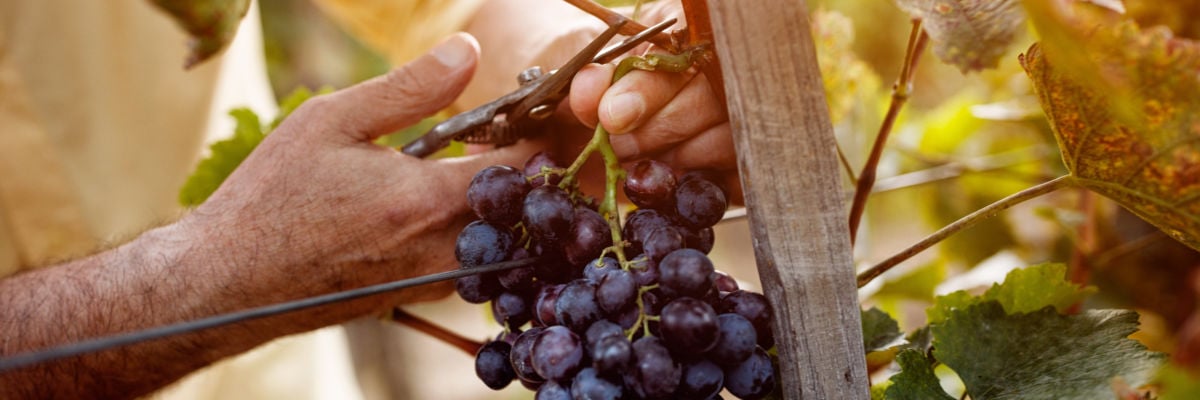
Question:
Answer:
In principle, any wine may be consecrated provided it is pure, unspoiled wine made from grapes. The Code of Canon Law states, “The wine must be natural from the fruit of the vine and not spoiled” (CIC 924).
The General Instruction of the Roman Missal adds:
The wine for the eucharistic celebration must be from the fruit of the grapevine (cf. Luke 22:18), natural, and unadulterated—that is, without admixture of extraneous substances. Diligent care should be taken to ensure that the bread and wine intended for the Eucharist are kept in a perfect state of conservation: that is, that the wine does not turn to vinegar nor the bread spoil or become too hard to be broken easily. (GIRM 322–323)
Regarding commercially available wine, sacramental theologian Fr. Nicholas Halligan, O.P., explains:
The Holy See has been insistent that the sacramental or Mass wine come from sources beyond suspicion, since there are many ways in which wine can be vitiated or adulterated, many methods that are actually used in this country to preserve, age, ameliorate wines. Wine should be purchased regularly only from reputable vendors of Mass wine or only when otherwise guaranteed to be pure and unadulterated. (The Sacraments and Their Celebration, Wipf and Stock, 66–67)



